- The International Monetary Fund (IMF) has slashed the cost of borrowing for countries by 36%
- The fund disclosed that it decided after the meeting of its Executive Board
- The Managing Director of IMF, Kristalina Georvieva, said that This package substantially reduces the cost of borrowing for member countries
Legit.ng’s Pascal Oparada has reported on tech, energy, stocks, investment and the economy for over a decade.
The Executive Board of the International Monetary Fund (IMF) has approved reducing the IMF’s borrowing costs for members by 36% or about $1.2 billion annually.
The IMF Press Centre statement said the development resulted from the fund’s Board Review of Changes and the Surcharge Policy on Friday, October 11, 2024.
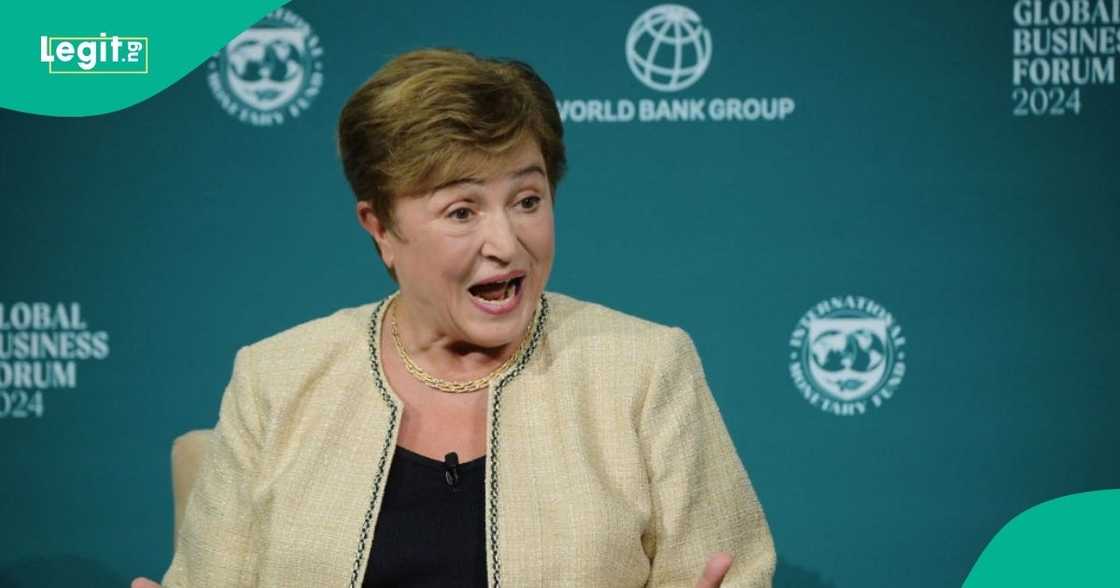
Source: Getty Images
IMF sets date to implement decision
Following the meeting's outcome, IMF Managing Director Kristalina Georgieva disclosed that due to the challenging global environment and high interest rates, the fund’s members have reached a consensus on a comprehensive package.
She said:
“This package substantially reduces the cost of borrowing while safeguarding the IMF’s financial capacity to support needy countries.“The approved measures will lower IMF borrowing costs for members by 36 per cent, or about 1.2 billion dollars annually.“The expected number of countries subject to surcharges in fiscal year 2026 will fall from 20 to 13.“This is achieved by reducing the margin over the Special Drawing Rights (SDR) interest rate, raising the threshold for level-based surcharges, lowering the rate for time-based surcharges, and increasing the thresholds for commitment fees."According to the statement, Georgieva disclosed that the approved package would take effect on November 1, 2024.
Per the statement, charges and surcharges remain essential to the IMF’s cooperative lending and risk management framework.
The reduction allows the IMF to provide lending
She said charges and surcharges cover lending intermediation expenses, help accumulate reserves to protect against financial risks, and provide incentives for effective borrowing.
The move provides a solid financial foundation, allowing the fund to extend crucial balance of payments support on affordable terms to member countries when needed.
Georgieva said the reforms would ensure that the fund continues to serve members in a changing world.
The statement said charges and surcharges did not apply to borrowing from the IMF’s Poverty Reduction and Growth Trust, under which low-income members receive financial support on concessional terms.
IMF names 10 African countries facing biggest debts
Legit.ng earlier reported that African countries, including Nigeria, struggle with massive International Monetary Fund (IMF) debt burdens, showing a high total IMF credit outstanding.
The IMF extends credit to countries facing economic challenges while promoting global monetary cooperation.
The support causes economic reforms and policy changes such as fiscal restraint and improved governance.
PAY ATTENTION: Сheck out news that is picked exactly for YOU ➡️ find the “Recommended for you” block on the home page and enjoy!
Source: Legit.ng

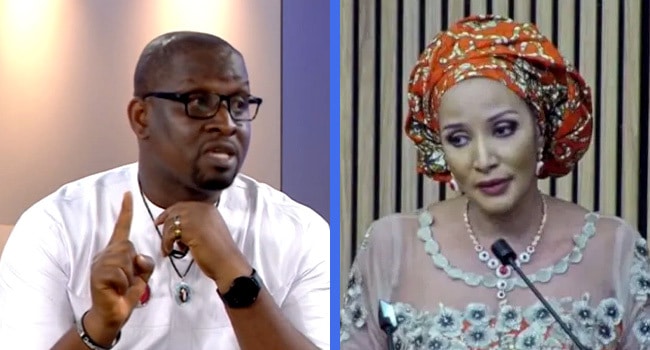
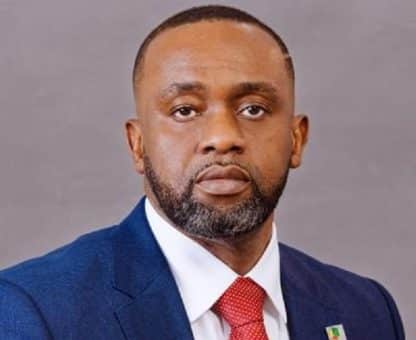




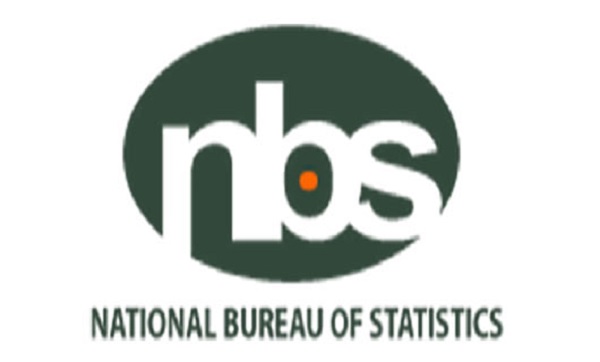




![[Just In] PH Refinery: Nigerians Deserve Clarity, Reduction In Petrol Prices – Peter Obi To NNPC](https://www.naijanews.com/wp-content/uploads/2024/10/jigawa4-768x576-1.jpeg)
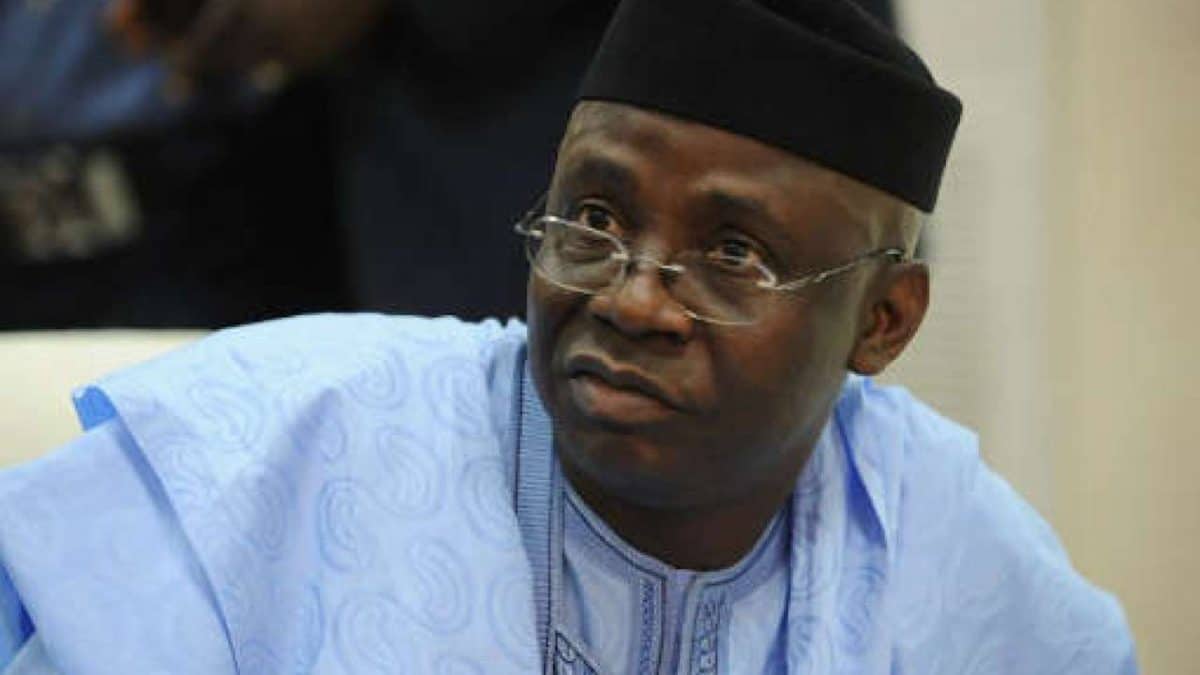


 English (US) ·
English (US) ·